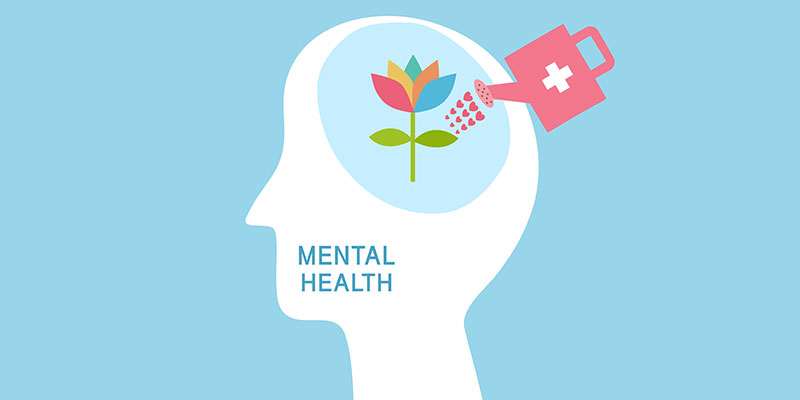- 98143 70700
- info@thehermitage.rehab
- 22, Circular road, Opp. VR Ambarsar, Amritsar
Most of the families that come to me to seek help for their children have lost the will to live and recover from this disease that has paralyzed them. They are broken and a mess of emotions that they are not able to comprehend. Often they communicate about their child with a rush of feelings and emotions that sometimes seem impossible. Despite the derangement this disease has caused, they are unable to let go of their child but simultaneously are unable to live with him. It is a complete chaos.
There are so many gruesome cases that will leave you astonished, shocked and above all feeling quite unsettled. I have seen families coming in with broken bones and bruises, literally, with no penny left in their names, and still are unable to see the disease that has caused this mayhem.
Why does this happen?
Why are families unable to see through what is going on?
Why are they unable to distance themselves and take the necessary actions required?
Families have gone through the pain and ache so much so that the reality of what truly is happening becomes distorted in their minds and often impacts their judgment.
This is what I refer to as Shadow Illness. Family staying in the shadow of the illness of their loved one, themselves become so diseased that their decisions which are impacting not only the patient but all of their lives, become hampered. As a home is trampled beneath the burden of addiction, its roots dig deeper and grasp the residents. The remnants of what a happy home used to be, can still be seen in glimpses but gradually all is lost if treatment is not initiated.
Shadow illness can neither be seized easily nor accepted by families. When the disease of addiction enters someone’s life, it acts as a predator, silent but deadly. Family members start showcasing similar signs and symptoms just like their patients and they start to get ill with the residual effects of addiction. Therefore, it becomes very important to plan early intervention strategies for not only the patient but his family as well; as the progress of recovery depends on both.
Families coming in for treatment often are unable to apprehend the gravity of the situation. Think of it like this, when one person is exposed to a toxic substance for a long duration of time, at one point, it becomes guaranteed for him to develop an infection. Similarly, when a family is exposed to addiction for a long time, they become sick and the task of differentiating between their true self and their persisting symptoms of shadow illness becomes extremely difficult.
Hence, this is the major and enough of a reason for families to work on themselves. Once the patient is in the rehab and after completion of his treatment program, when he is to come home, the environment provided to him shall decide his fate and there in comes the state of the family.

WhatsApp us